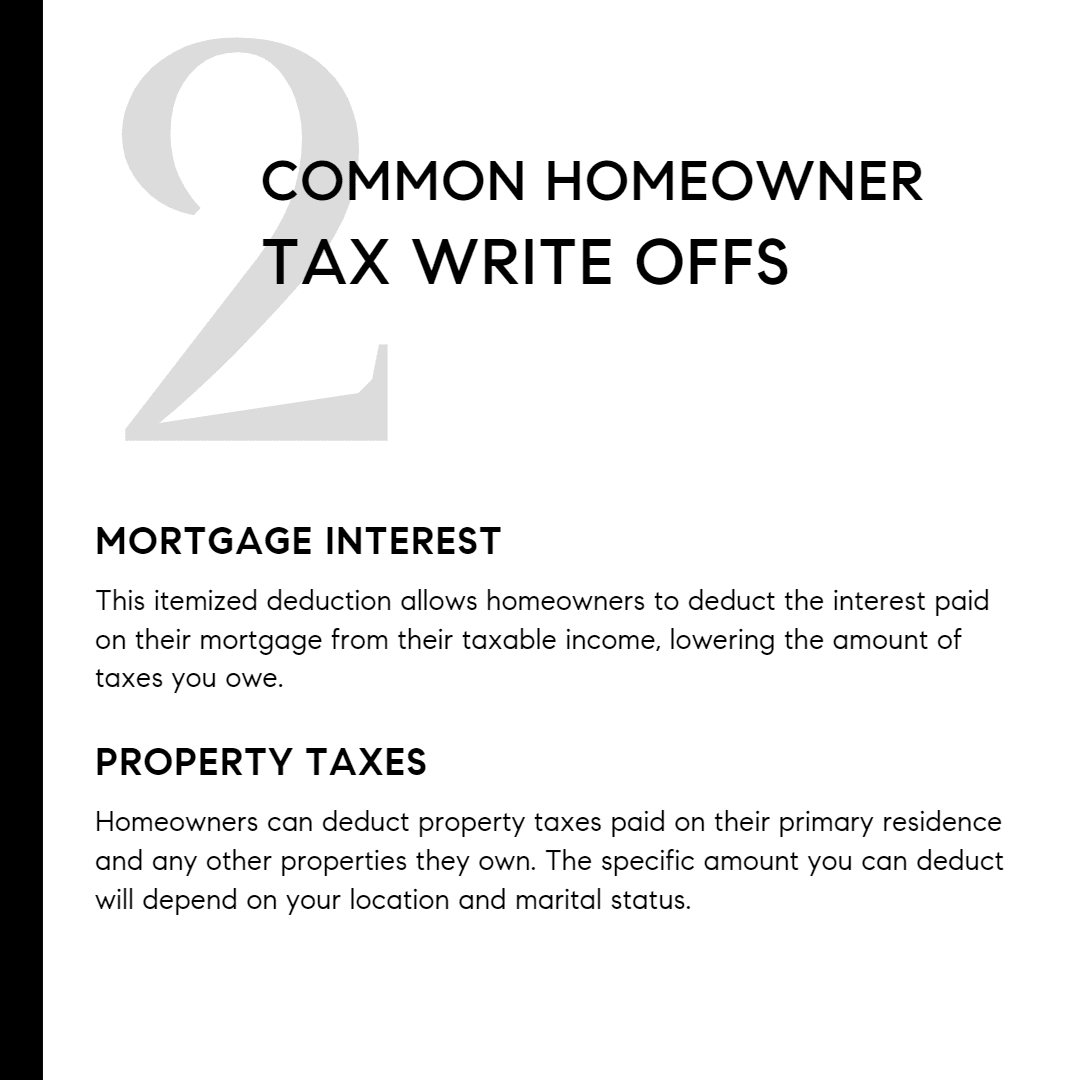Essential Home Ownership Tax Documents to Keep

Homeownership comes with numerous financial benefits, including potential tax deductions that can significantly reduce your taxable income. Understanding which tax documents you need to retain is vital for efficiently managing your tax responsibilities as a homeowner. This comprehensive guide explores the essential documents every homeowner should keep to ensure they are well-prepared for tax season.
Why Tax Documents Matter for Homeowners

Maintaining the right homeownership tax documents is more than just a good practice; it’s a strategic move:
- Proof for Tax Deductions: Home-related expenses like mortgage interest, property taxes, and home improvement costs can often be deducted, lowering your taxable income.
- Audit Preparedness: In case of an audit, having the necessary paperwork readily available can help you substantiate your deductions and credits.
- Record Keeping for Future Investments: Good documentation supports your claims when you sell your home, impacting capital gains tax calculations.
Essential Documents for Tax Season

Here’s a detailed look at the key tax documents for homeowners you should keep:
Mortgage Interest Statements (Form 1098)

If you have a mortgage, your lender will provide Form 1098, which details the interest you’ve paid throughout the year. This is often the most significant deduction for homeowners.
Property Tax Records

Property taxes are deductible on your federal tax return. Keep the following:
- County assessment notices
- Property tax bills
- Receipts of payments
Home Equity Loan/Line of Credit Statements

Interest on home equity loans or lines of credit used for home improvements might be deductible. Keep:
- Loan statements showing interest paid
- Documentation that links the funds to home improvements
Selling and Refinancing Documents

When selling or refinancing:
- Keep records of your home’s purchase price
- Save all closing statements
- Retain home improvement receipts (including dates and costs)
Energy Efficiency Credit Documents

If you’ve made energy-saving home improvements, these could qualify you for tax credits:
- Manufacturer’s certification
- Receipts for energy-efficient products
💡 Note: While energy efficiency credits can be lucrative, make sure the improvements meet IRS criteria for certification.
Rental Property Income and Expenses

For those renting out part of their home or an entire property:
- Keep records of rental income and expenses
- Retain receipts for maintenance, repairs, and improvements
- Document utility bills if you’re splitting costs with a tenant
Home Office Deduction

If you use part of your home exclusively for business:
- Maintain records of the home office space
- Save utility bills, mortgage interest, and property tax statements
By meticulously tracking these documents, homeowners can maximize their tax benefits while ensuring compliance with IRS regulations.
To wrap up, the significance of proper document retention for homeowners cannot be overstated. These documents not only help in claiming deductions but also ensure that you're equipped for an IRS audit. Keep in mind:
- Accuracy in tracking your home expenses and improvements
- Documentation for tax benefits tied to homeownership
- Planning ahead for future financial decisions
This guide should serve as a roadmap to navigate the complexities of homeowner tax deductions, making tax season less daunting and more rewarding.
Can I deduct the interest on a home equity line of credit?

+
Yes, if the borrowed funds are used for qualified home improvements or repairs, the interest on your home equity line of credit can be tax-deductible. Keep the necessary documents linking the borrowed funds to the home improvements.
How long should I keep tax documents?

+
The IRS generally recommends keeping tax records for at least three years, but given the complexity of homeownership, it might be wise to retain documents related to your home for up to seven years or more, especially for improvements and sales documents which can affect capital gains taxes.
What do I do if I don’t have a Form 1098 from my lender?

+
Contact your lender immediately. They are required to provide Form 1098 if your mortgage interest exceeds $600. If they fail to provide it, you may still be able to deduct the interest paid by providing proof of payment.